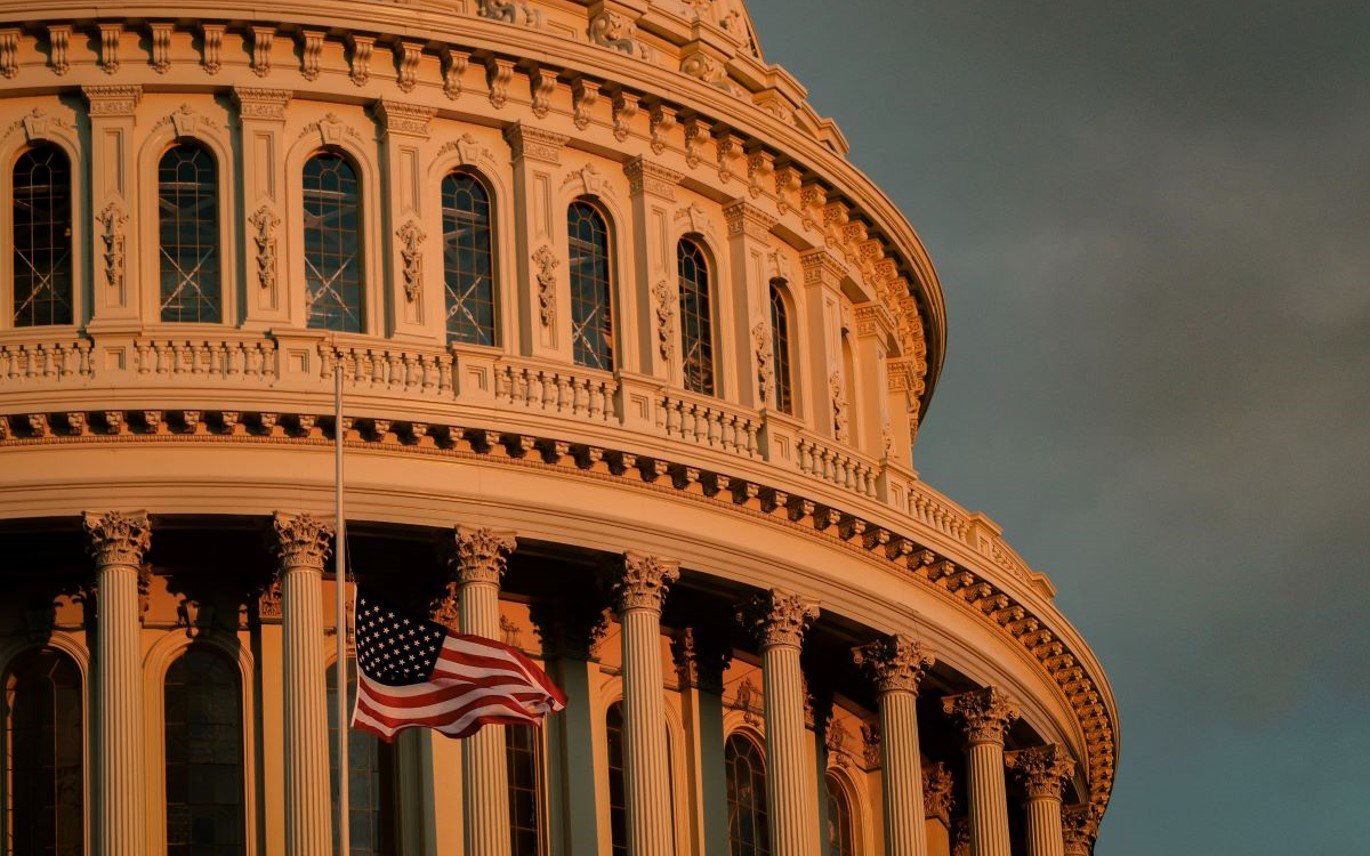After years of inattention, the United States is systematically re-engaging with the world on climate financial regulation. When Joe Biden and John Kerry left government four years ago, these were treated as largely distinct diplomatic priorities, with only limited overlap in the most obvious cases, such as President Obama’s as-yet-unfulfilled pledge of US $3 billion to the Green Climate Fund.
But as President Biden staffs up his administration, and the former Secretary of State begins to define his mandate as the first White House Special Envoy for climate, it is fast becoming apparent that the U.S. government no longer sees international climate and international finance as two distinct spheres. Indeed, President Biden’s January 27 Executive Order on climate change makes clear that his administration is aiming to play a pivotal role in realising the objective of Article 2.1(c) of the Paris Agreement: “making finance flows consistent with a pathway towards low greenhouse gas emissions and climate-resilient development.”
Who’s who in US sustainable finance politics
Biden has already made some early moves indicating how his administration’s approach to climate and sustainable finance will likely take shape. As the saying goes, “personnel is policy,” with new positions across the administration signalling the seriousness with which the President intends to act.
In Special Envoy Kerry and Gina McCarthy, Obama’s former EPA chief, he has appointed both international and domestic climate policy coordinators who have the seniority, authority and hard-won experience to hit the ground running on a whole-of-government climate strategy.
In former Federal Reserve Chairwoman Janet Yellen, he has appointed a Treasury Secretary intimately familiar with macroeconomic policy and deeply committed to treating climate change as a potential systemic risk to the global financial system. Yellen, in turn, is staffing up her agency with climate experts, including a former leader of the Task Force on Climate-related Financial Disclosures (TCFD), Didem Nisanci, as her chief of staff. She has also committed to creating a new climate hub at Treasury, to be led by a senior-level official with the authority to drive interagency cooperation on climate across many US regulators supervising the financial system. Even without this key hire in place yet, Yellen has already expressed strong support for international cooperation on climate change and finance, including in her recent discussions with G7 counterparts.
Although of vital importance, the Treasury Department is not acting alone. At the Federal Reserve, a new Supervisory Climate Committee has been established and will be staffed by a senior official, Kevin Stiroh, with longstanding international experience on financial system risk supervision.
As President Biden staffs up his administration, and the former Secretary of State begins to define his mandate as the first White House Special Envoy for climate, it is fast becoming apparent that the U.S. government no longer sees international climate and international finance as two distinct spheres.
At the Securities and Exchange Commission, a new position—Senior Policy Advisor for Climate and ESG—has been created in the office of the Acting Chair. Staffed by Satyam Khanna, a former senior Treasury official with deep expertise on capital markets regulation, the position is meant to drive climate-related financial disclosures and other related regulatory actions through the agency.
In the White House, Obama’s former climate policy advisor Brian Deese, most recently climate lead at the world’s largest asset manager BlackRock, has taken the reins of US economic policymaking as chair of the National Economic Council. And in the White House Office of Management and Budget, a team of economists are already hard at work
reviewing the modeling and assumptions used to calculate the Social Cost of Carbon, which Biden’s executive order has revived as a key “carbon pricing” tool to be used for policy making across every sector of the economy.
International cooperation on sustainable finance
Notably, in each agency and across every domain of financial policy and regulation, the Biden team has signaled a commitment to catch up, and coordinate closely, with international counterparts who, in many areas, have a running head start. For instance, in joining the Network for Greening the Financial Sector, the Federal Reserve intends to learn from the Bank of England, Banque de France, European Central Bank and other central banks and supervisors worldwide, which have already begun to tackle challenging questions of scenario analysis and stress testing. Bringing the tremendous research and analytic capacity of the Federal Reserve System to bear on these questions will supercharge efforts to ensure a sophisticated, comprehensive approach to climate in the context of macroprudential supervision.
Similarly, although not yet confirmed by the Senate, new SEC Chairman Gary Gensler will ensure the SEC steps back into its traditional role as a leader on coordinated international securities regulation and accounting standards. These are key topics where the EU, under its Sustainable Finance Action Plan, has already begun to implement rules and guidance.
Of course, the international harmonisation of regulations in any domain is not without its challenges. Traditional US financial accounting standards managed by the Financial Accounting Standards Board (FASB), for instance, are notoriously hard to square with European Standards, managed by the International Accounting Standards Board (IASB). There will no doubt be hiccups along the way as the US plays catch up to its international counterparts on all manner of regulatory issues related to climate and sustainable finance.
But there is much to be optimistic about.
First, the alignment of financial markets with the climate imperative is still in its early days; much remains to be sorted out. The US is indeed a laggard, but only by a few short years. And the Biden team has made clear its senior-most officials have the mandate and support to catch up in short order. Within months, US capital markets regulators and their counterparts in the EU, China, Japan, UK and elsewhere will be on the same page, driving progress. The G20 and G7, as discussed by Sima Kammourieh in this newsletter, will be critical venues to watch as this coordination happens in real time.
Second, capital markets are global, as is the climate challenge. Without US engagement on climate financial regulation, efforts to drive net–zero alignment by many of the world’s leading business and investors have been slowed in recent years. Mainly due to uncertainty and gaps in the global patchwork of regulation that helps standardise and align critical market functions across multiple jurisdictions. Now, with US engagement, such efforts are poised to accelerate considerably. Buckle up; it’s going to be a big year from climate finance!



